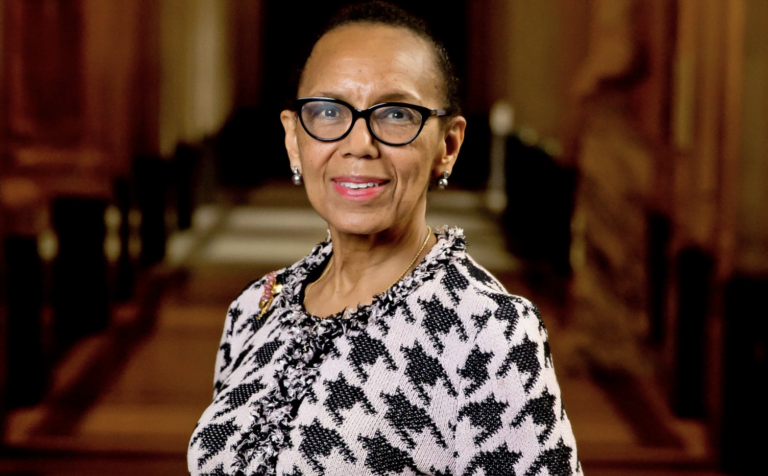By Allyson Maynard-Gibson
“In the moment of a national crisis, a moment of great danger…a people must decide: ‘Who shall we be?’” — Archbishop Michael Curry, January 2021
The words of Archbishop Michael Curry, uttered in response to the horrific events at the US Capitol this week, applied to voters in the former Colony of The Bahamas in 1967, as it applies today to Bahamians as citizens of a sovereign nation.
As Curry stated, those words also applied to Americans at many points in their nation’s history.
The COVID-19 pandemic reminds us that they also apply to every member of the human race.
Twenty twenty-one has started with a roar. Unsurprisingly, the challenges of 2020 continue.
Curry pointed to the way of solving the crisis: “I want to submit that the way of love that leads to beloved community is the only way of hope for humanity. Consider the alternative. The alternative is chaos, not community. The alternative is the abyss of anarchy, of chaos, of hatred, of bigotry, of violence, and that alternative is unthinkable. We have seen nightmarish visions of that alternative.”
This solution applies to the inequities, highlighted by the COVID-19 fallout as much as it applies to racism and caste systems around the world, including The Bahamas. We, in The Bahamas, like people all over the world, should be aware that last week’s events in the US can happen in any democracy in the world.
Sir Arthur Foulkes, one of our Founding fathers, said that Majority Rule Day is the most important day in our history since the abolition of slavery, which we celebrate on Emancipation Day. In the long arc of history, Majority Rule was about much more than the majority governing ourselves. It was also about us loving ourselves and our brothers and sisters. In other words, developing an equitable society.
As we ask ourselves “who shall we be”, let us seize the opportunity that COVID-19 gives us to refocus on equity.
On Majority Rule Day 2021, what are some of the things that we, in community, as our brother’s keeper, can do to demonstrate our commitment to eliminating, in The Bahamas, inequities, especially those from the COVID-19 fallout?
- Encourage each other, and take personal responsibility to follow the protocols that have been shown to control the spread of COVID-19, including any mutation — wearing masks in all public places, maintaining social distancing, limiting gathering in public places and frequently washing and disinfecting hands.
- Support subsidized COVID-19 testing and tracing. Everyone should know their COVID status and do their best to limit its spread.
- Support subsidized administering of COVID-19 vaccinations.
- Support mandatory internet hotspots and quality and subsidized internet access on each island. Access to the internet is an essential service. Today, internet access is necessary for education, health, food, legal, banking and almost every service.
- I revisit the point that I made repeatedly in 2020, that NIB, being an essential service, should complete the NIB digital platform so that NIB benefits may be transferred by NIB directly to people’s NIB cards. The NIB card, being a smart card, could then be used to obtain goods and services. This would eliminate people lining up to receive cheques and benefits. Also, it would ensure that people receive their full benefit rather than paying a private service provider, a middleman, to transfer money from NIB to an NIB recipient.
Each of these steps will also minimize spread of COVID to frontline workers and overwhelming our healthcare system.
Who shall we be?
On Majority Rule Day 2021, let’s remember the word “we” in the question. The Bahamas can show the world how “we” work towards and live in “beloved community”. It’s up to each of us. COVID showcases our interconnectedness.
Curry asks, who shall “we” be, not who shall “I” be.
As Curry suggested, in 2021, let’s pursue the common good. Let’s measure the success of our efforts by the yardstick of how “our” lives are changed. How is our “beloved community” changed, not by how “my” life is changed.


